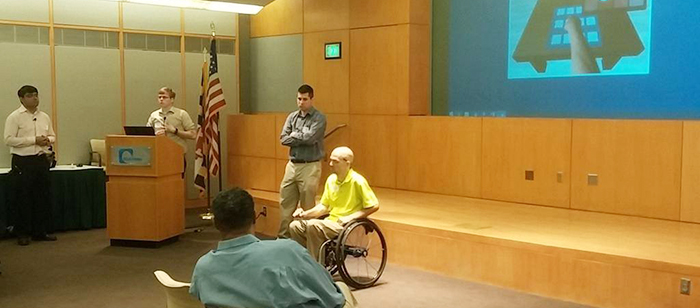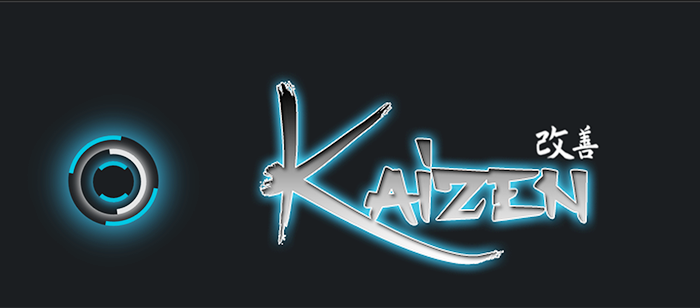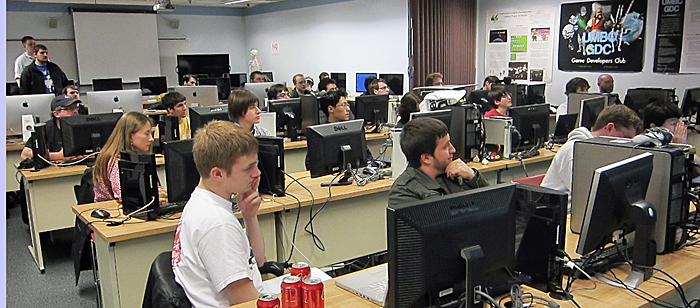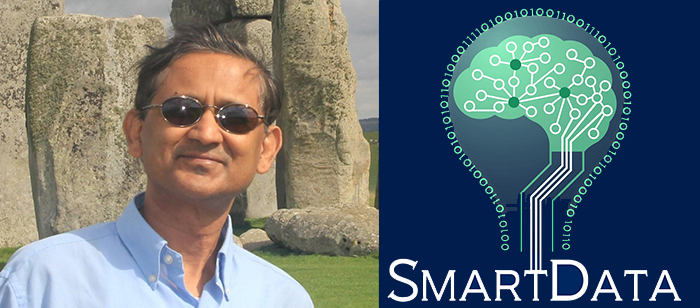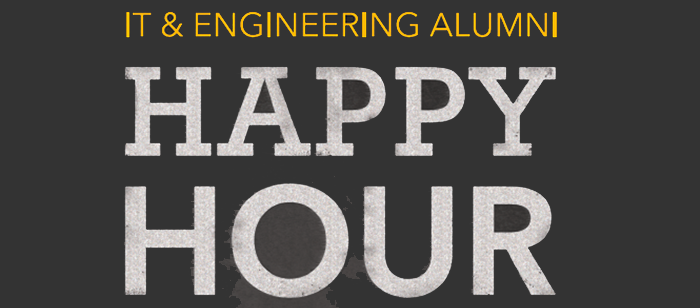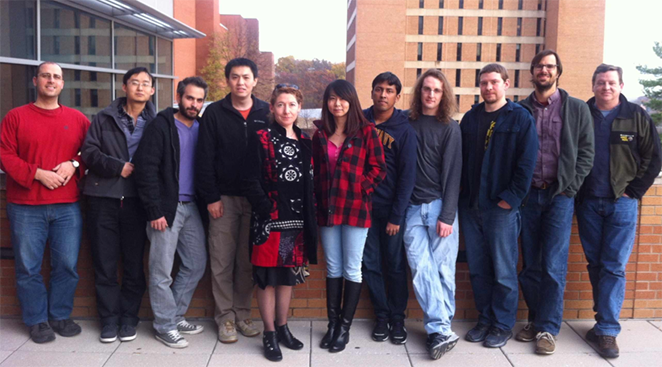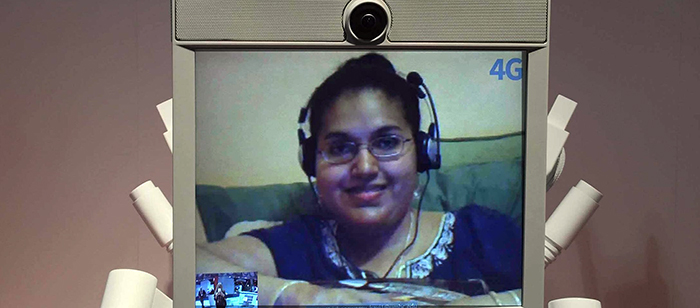
UMBC CSEE Ph.D. student Kavita Krishnaswamy was featured in an NSF article Balancing life, health and research.
Balancing life, health and research, graduate student perseveres to increase access for persons with severe disabilities.
Kavita Krishnaswamy's doctoral dissertation defense at the University of Maryland, Baltimore County (UMBC), was fairly typical. Dissertation committee, doctoral candidate, explanatory slides, questions from the committee.
When it was over and time to deliberate, Tim Oates, Kavita's advisor, asked her to leave the room. Because Kavita delivered her presentation via a Beam Smart Presence System (BeamPro), she powered down the computer screen beaming her into the meeting.
This was business as usual for the computer science student whose research involves developing robotic prototypes to transfer, reposition and perform personal hygiene tasks for those with severe disabilities. She is also studying how to improve control over robotic interfaces for these individuals. Her tool kit includes elements of machine learning, artificial intelligence, brain-computer interfaces and other communication technologies.
You can read the rest on the NSF Discovery site.
